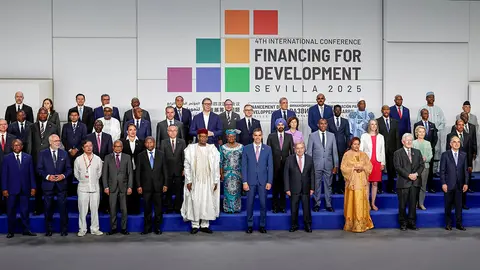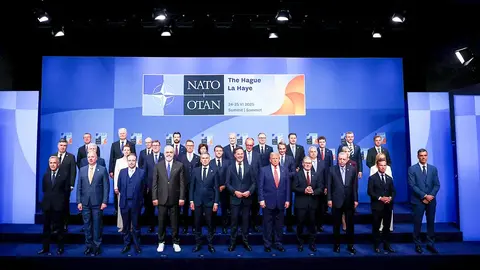The Status Quo Cannot Endure in US-Tunisia Relations

The Trump Administration is committed to promoting fair, free, reciprocal trade that puts American workers first. It is committed to protecting American companies and innovators from digital service taxes and other anti-competitive practices by foreign governments. It is committed to increasing U.S. military strength through shifts in the burden for African regional security to U.S. allies and partners. And, it is committed to expanding the Abrahamic Accords System across the Middle East and North Africa.
The problem is that it is proving difficult for the Trump Administration to follow through on those commitments in the context of US-Tunisia relations.
First, Tunisia is one of the “worst offenders” among U.S. trading partners. Seeking to rebalance, the Trump Administration initially declared that it would set the adjusted reciprocal tariff at 28%. That may or may not change in the coming weeks. The Trump Administration is in the process of finalizing its formal letters to trading partners with their final adjusted reciprocal tariffs.
Second, Tunisia has enacted legislation on a digital service tax. That is a highly controversial practice. The Trump Administration recently coerced Canada to rescind its own digital service tax.
Third, Tunisia is only spending 2.5% of its gross domestic product on military expenditure. This is despite the fact that there is a civil conflict next door in Libya. The Trump Administration almost certainly expects more from a Major Non-NATO Ally that enjoys privileges such as eligibility for state-of-the-art training.
Fourth, Tunisia does not have diplomatic relations with Israel. There has been a significant deterioration in the unofficial relationship since the Second Intifada. And, Tunisian President Kais Saied has been an outspoken critic of the Abraham Accords. Those realities make it hard for the U.S Government to broker a normalization of relations between Israel and Tunisia.
The complex of these realities create a major dilemma for the Trump Administration.
On the one hand, the Trump Administration wants to aggressively follow through on its commitments to U.S. voters.
On the other hand, the U.S. Government doesn’t just have a “special bond” with Tunisia that can be traced back to the Treaty of Peace and Friendship. Tunisia was designated a Major Non-NATO Ally of the United States during the Obama Administration.
A major breakdown in the strategic partnership would therefore carry serious downside risks that extend far beyond US-Tunisia relations.
For example, it could significantly reduce reliable access for U.S. military and intelligence operators to “the epicenter of terrorism on the globe” (i.e., The Sahel). And, that could make it difficult for the U.S. Government to employ the prudent use of force against foreign terrorist organizations that pose a clear and present threat to the United States and its allies.
It is no exaggeration to say that Tunisia and the United States find themselves at a crossroads.
Tunisia must decide whether to embark on reforms that would make it easier for the Trump Administration to achieve its commitments to the American people.
If not, then the Trump Administration must decide whether to employ even more coercive methods to force a hybrid regime that is already drifting out of its orbit to pursue those reforms against its will.
Whatever they decide, it seems that the status quo cannot endure for much longer.
Change is on the horizon in US-Tunisia relations.
Michael Walsh is a Visiting Scholar at the Center for Middle Eastern Studies at the University of California, Berkeley



